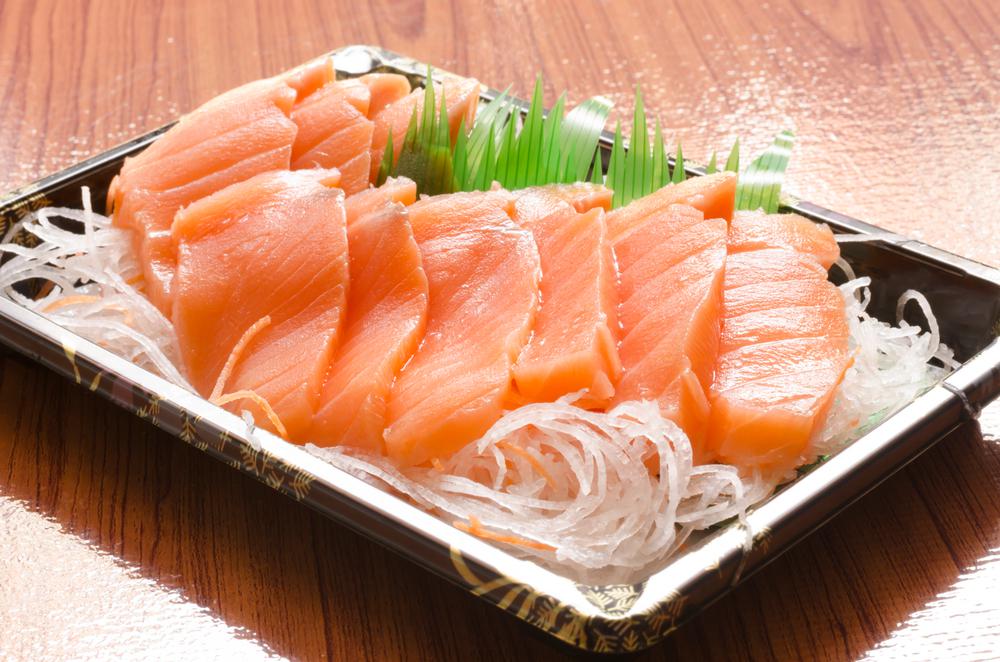N/A

It’s vitally important to get ample omega-3 fatty acids, and certain FISH may serve as potent sources. But due to things like fossil fuel emissions, heavy metals like mercury are winding up in the water and building up in our fish.
Some fish have been so overfished that they are on the brink of collapse—and losing them could impact the ocean ecosystem in a way that could lead to a cascading effect, impacting so many other species we rely on for nutrition, too.
Let’s take a look at fish you should never eat:
- Tilapia contains very low levels of beneficial omega-3 fatty acids and, perhaps worse, very high levels of omega-6 fatty acids. That means the natural fish oil benefits found in this fish are not likely adequately boosting your omega 3s. The low omega-3/high omega-6 ratio is a potentially dangerous food for people living with heart disease, arthritis, asthma and other allergic and autoimmune disease symptoms who are vulnerable to an exaggerated inflammatory response.
- People are recommended not to eat some species as they are at the verge of extinction. Those species include: Atlantic cod, Beluga sturgeon, Atlantic Bluefin Tuna, and Atlantic Flatfish.
- Not only has Chilean seabass overfishing left this species in serious trouble, this type of fish is also considered not safe to eat due to elevated mercury levels. Harvesting this fish from Chile is plagued by poor management and by bycatch problems.
- Mercury is also the main concern when it comes to avoiding swordfish. This large, predatory fish contains such elevated levels that women and children are recommended not to eat it.
- The dangers of farmed fish, particularly farmed salmon, are enough to make your stomach turn. Most salmon marketed as “Atlantic” salmon is farmed, meaning fish are raised in conditions that have been shown to be ridden with pesticides, feces, bacteria and parasites.
- A 2016 study found 70 to 80 percent of pangasius samples were contaminated by vibriobacteria—the microbes behind most cases of shellfish poisoning. Raw or undercooked pangasius, the authors warned, could pose a hazard to consumers.
Here are some ways to make smarter seafood choices:
- The best fish options are ones that come from sustainable fisheries, are lower in contaminants and high in omega 3 fatty acids.
- You can obtain the EPA and DHA omega-3 fatty acid benefits found in fish by consuming a phytoplankton supplement. In fact, certain fish are high in omega-3s because they eat phytoplankton. Phytoplankton are rich in amino acids, antioxidants, minerals and omega-3 fatty acids.
When you do eat fish, it’s safe to stick with wild-caught Alaskan salmon, Pacific sardines and Atlantic mackerel.
 Chúng tôi sử dụng cookies để cải thiện trải nghiệm của người dùng khi truy cập trang web này
Chúng tôi sử dụng cookies để cải thiện trải nghiệm của người dùng khi truy cập trang web này